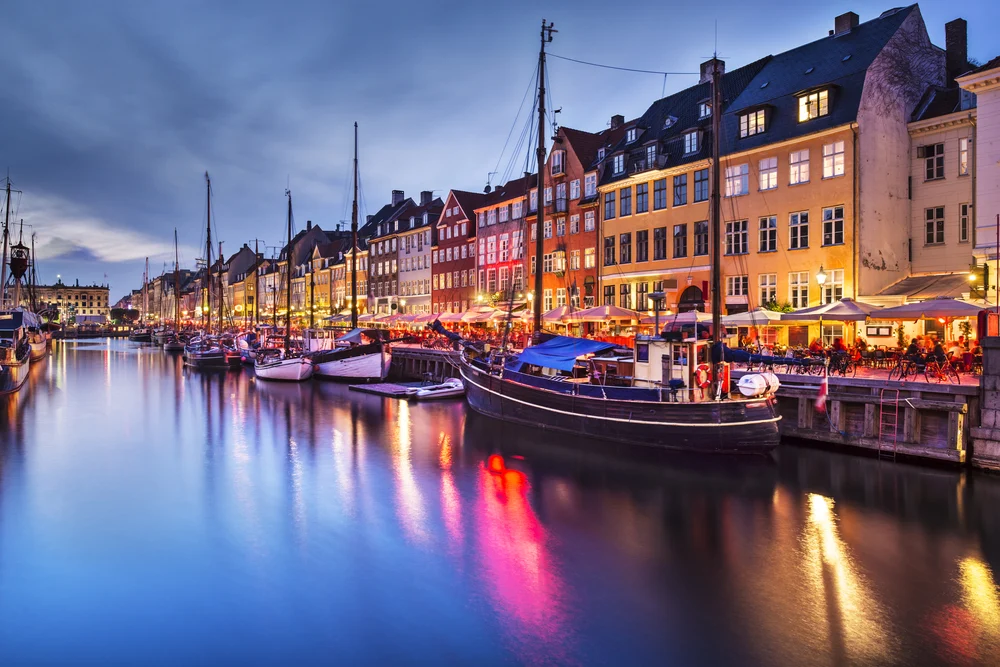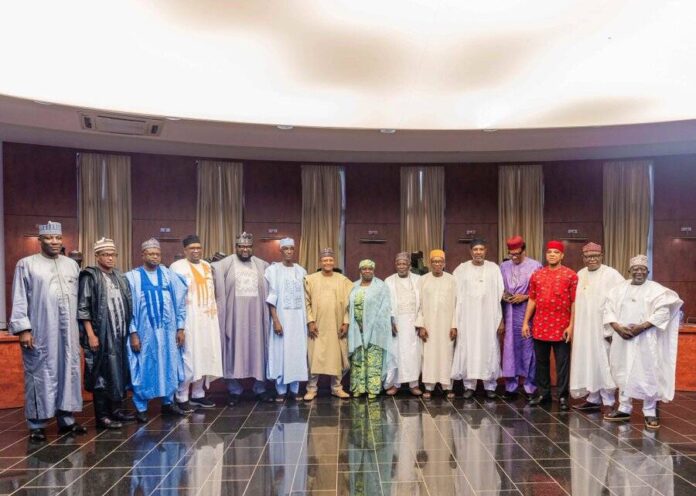Denmark is leading the 2025 ranking of the best countries for women to work and live, according to a recent study by online gaming company CasinooftheKings.
The country earned a Life Score of 83, attributed to its minimal employment gaps, high gender equality, and the longest maternity leave in the ranking at 18 months.
Denmark also boasts the smallest gender gap in managerial positions at 27.9% and a high gender equality index of 0.78.

The study, which analyzed gender-related economic and social indicators across 17 “equality-advanced” countries, utilized data from Eurostat, OECD, the International Labour Organization, and the European Institute for Gender Equality. Ten key indicators were used for the ranking: the share of women entrepreneurs, women in managerial roles, gender gap in managerial positions, employment gap, median gender wage gap, bank account ownership, attitudes toward working mothers, average maternal leave length, gender equality index, and reported feeling of insecurity at night.
ALSO READ
Key Findings Across Top-Ranking Countries:
- Finland secured second place with a Life Score of 80. It features more female entrepreneurs (1.9%) than Denmark and the smallest employment gap in the ranking at 1.5%. While excelling in the gender equality index, Finland trails in maternity leave and the gender wage gap.
- Sweden ranked third, scoring 79. Despite having the widest gender gap in managerial positions among the top 10 (42.3%), Sweden stands out with a narrow wage gap of 7.3% and a full year of maternity leave.
- Belgium holds fourth position with a Life Score of 76. Notably, it has the smallest wage gap at 0.7%, which is 17 times smaller than Denmark’s. Belgium also shows a strong presence of female entrepreneurs at 2%, surpassing both Sweden and Finland.
- France followed closely in fifth place with a score of 75. It offers an impressive 16 months of maternal leave and has the third-highest rate of businesswomen at 2.15%. Its employment gap is 7%.
- Estonia ranked sixth, scoring 74. The country’s employment gap is smaller than France’s or Belgium’s, at 4.5%, with a wage gap of 13.1%. It also provides a substantial maternity leave of up to 14 months.
- Portugal secured seventh place with a Life Score of 73. It distinguished itself with the second-longest maternity leave in the ranking at 17 months and the second-highest percentage of female entrepreneurs at 3%.
- Slovenia followed in eighth place with a score of 72. While its gender gap for managerial jobs is one of the highest in the top 10, Slovenia offers a longer maternity leave of 15 months and a lower wage gap of 9.2%.
- Austria is ninth, with a score of 70. Similar to France, Austria provides 16-month maternity leave but has a wider employment gap of 10.5% and a wage gap of 12%.
- Spain completed the top ten, in tenth place with a score of 69. It shares Austria’s maternity leave duration but has a smaller wage gap at 6.2%. Spain also notably features the highest rate of female entrepreneurs on the list at 3.07%.
Economic Impact of Gender-Inclusive Policies:
Recent data highlights the tangible economic benefits of gender-inclusive policies. Countries that invested in childcare infrastructure saw a 12% increase in female workforce participation over the last year, underscoring the significant economic impact of such initiatives.
A spokesperson from CasinooftheKings commented on the findings: “The Nordic countries continue to dominate global rankings for gender equality in the workplace, demonstrating that comprehensive social policies can create environments where women thrive professionally. These results highlight how structural supports like parental leave and wage transparency translate to measurable differences in women’s lives, providing a blueprint for other nations seeking to improve gender equality.
Source: Casino of Kings







